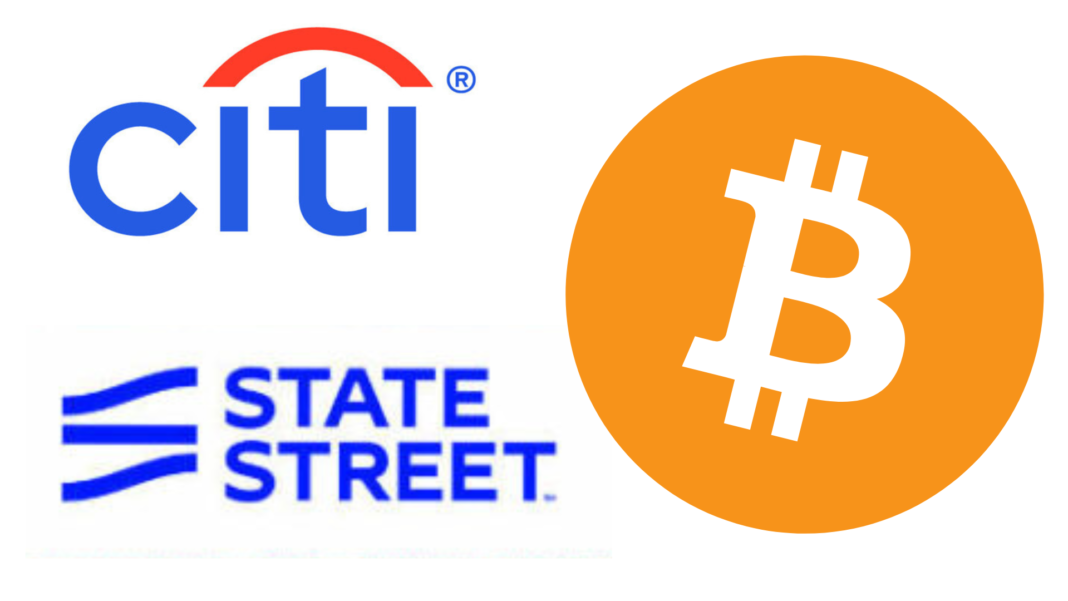Two of the world’s largest custodian banks, State Street and Citi, are poised to enter the burgeoning cryptocurrency custody market.
Together, these financial giants manage over $71 trillion in assets, with State Street overseeing $46.6 trillion and Citi holding $25 trillion in assets under custody (AUC).
Both institutions are leveraging their massive resources, regulatory expertise, and established reputations to offer secure and compliant crypto custody services.
State Street plans to launch its services next year, while Citi has already made significant strides, positioning itself as an early mover in the crypto space.
Their entrance into the market is expected to attract a growing institutional demand for safe, regulated platforms to store digital assets.
State Street’s Cautious Yet Strategic Move into Crypto
State Street’s venture into crypto custody comes after years of careful engagement with digital assets.
While the bank has traditionally been cautious in its approach, it has been laying the groundwork for a shift toward digital asset management.
In 2023, State Street formed a partnership with crypto custody technology firm Taurus, signaling its intentions to enter the space.
The rescindment of the SEC’s accounting rule SAB 121, which had previously restricted U.S. banks from participating in digital asset custody, further paves the way for State Street and others to fully engage with the market.
The regulatory shift marks a turning point for traditional financial institutions, opening the door for them to expand their services into the rapidly growing cryptocurrency sector.
Citi’s Proactive Approach to Digital Assets
Citi, in contrast, has been much more proactive in integrating digital assets into its services.
The bank began offering custody services for digital assets years ago through its partnership with BondbloX, a blockchain-based platform for fractionalized bond access.
In 2023, Citi further cemented its position in the crypto space with the launch of its Citi Integrated Digital Assets Platform (CIDAP), officially expanding its capabilities in blockchain and cryptocurrency services.
Additionally, Citi’s introduction of Citi Token Services enables corporate clients to make tokenized deposits, enhancing its role in the evolving landscape of digital finance.
These initiatives highlight Citi’s commitment to becoming a leading player in the digital asset ecosystem, which is rapidly reshaping the future of financial services.
Also Read: Pension Funds Jump on the Crypto Bandwagon With Rise in Investments Amid Bitcoin Price Rally
Regulatory Changes and Institutional Interest Shape the Future of Crypto Custody
The growing institutional interest in digital assets, combined with favorable regulatory shifts, is driving the entry of financial giants like State Street and Citi into the crypto custody market.
The recent rescindment of the SEC’s SAB 121 rule removes a significant regulatory hurdle, allowing banks to offer secure, compliant custody services for cryptocurrencies and other digital assets.
With both banks already managing trillions in assets, their move into the crypto space will likely have a significant impact, bringing much-needed credibility and security to the sector.
The incident is particularly important as institutional investors seek more reliable and regulated platforms for managing digital assets, which have long been associated with volatility and regulatory uncertainty.
Other Major Firms Dive Deeper Into Crypto Investment
Alongside the entry of State Street and Citi into the crypto custody market, several other major financial players are increasingly committing to digital assets.
MicroStrategy, a prominent Bitcoin holder, has attracted a $500 million investment from Norway’s Central Bank, reflecting institutional confidence in Bitcoin’s long-term potential.
Similarly, Enterprise Holdings, a Hong Kong-listed enterprise, has secured shareholder approval for a $48 million investment in Bitcoin, Ethereum, and stablecoins.
These moves come as institutional demand for digital assets continues to rise, with firms seeking exposure to the rapidly expanding crypto ecosystem.
Meanwhile, in a contrasting trend, retail investors remain skeptical amid market volatility, while institutions continue to accumulate Bitcoin, reinforcing the growing divide between retail sentiment and institutional investment.
Also Read: Fidelity Investments Joins Growing Wave Of Blockchain Hiring With Chief Blockchain Engineer Role


